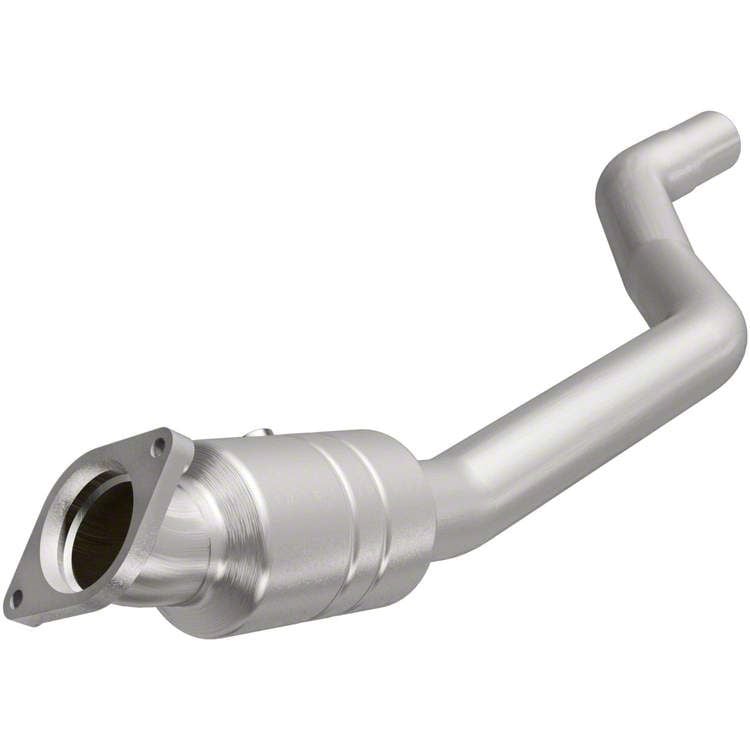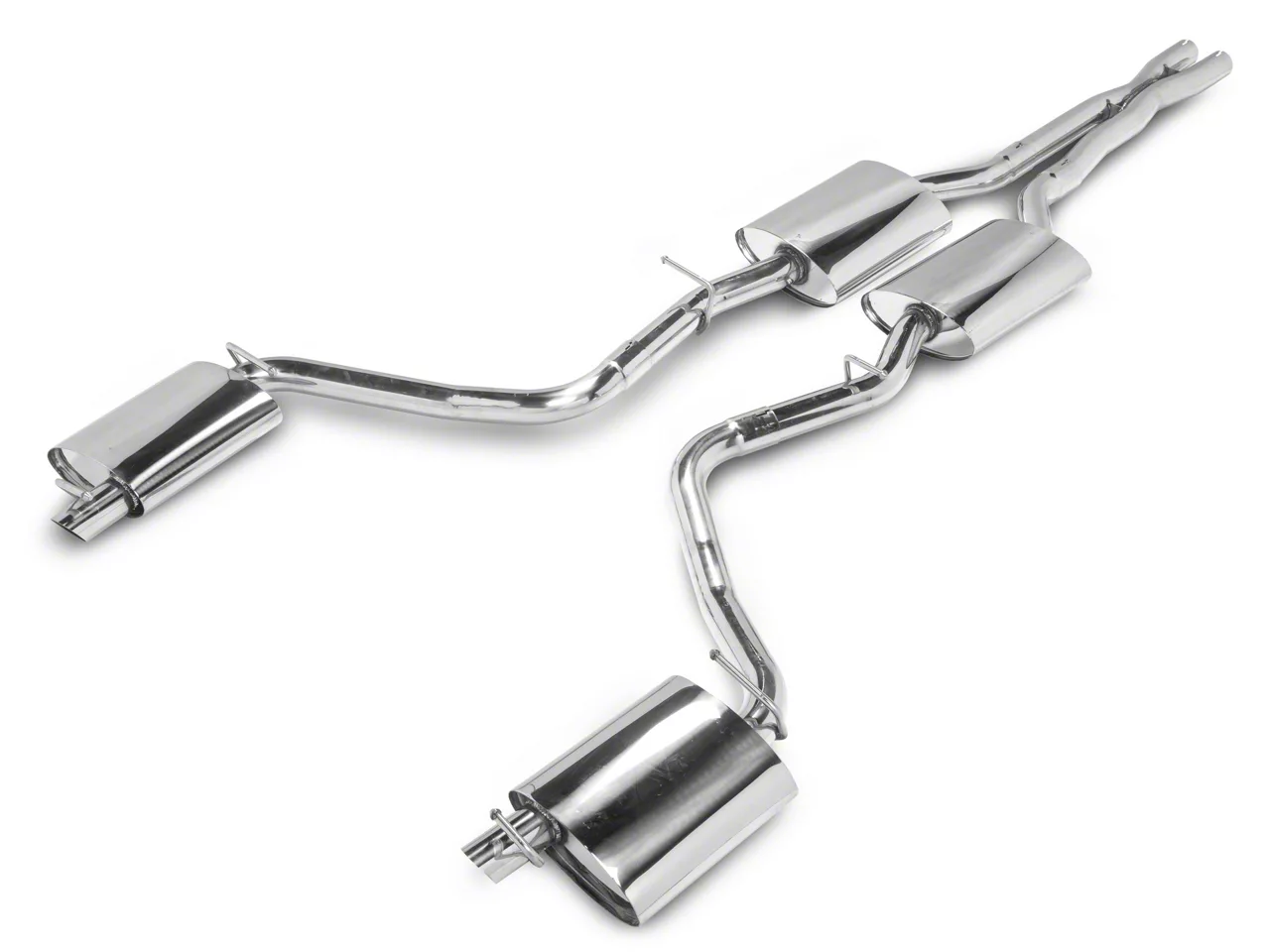An aftermarket exhaust system can greatly enhance the driving experience and make even a daily commute emotional. What’s more, it also results in extra horsepower, which might be even more important to you. If you don’t want to make drastic changes to your drivetrain or tune the ECU, then an aftermarket exhaust system is the ideal way to generate extra horsepower from your engine. With that said, building an exhaust that sounds and works well takes some skill. The three major components that affect the sound and power are headers, catalytic converters, and the actual exhaust.
Guaranteed Free Delivery by 12/24! available on most items - Details
The Best Exhaust Systems for Maximum Horsepower Gains
Headers
Changing the factory headers for aftermarket ones is a relatively straightforward procedure. Upgrading them has a greater effect on the actual performance, rather than the exhaust sound, and will result in anywhere between a 5 and 20 horsepower increase, which is quite a bit. When you take a look at aftermarket headers, you’ll find that there are numerous options.

This is the case for most American muscle cars, such as the Dodge Challenger, which have a huge demand for aftermarket parts. Because of this, it can be a little tricky to choose the right headers for your ride, specifically because there are different types of headers used for different purposes. A short header with a small diameter is used to produce more torque, while a header with a larger diameter increases the engine RPMs. Therefore, you should choose carefully. With that said, you’ll never go wrong with producers like BBK, FlowMaster or Kooks.
Catalytic Converter
A catalytic converter greatly reduces emissions but it also reduces the engine performance, as it restricts the exhaust gasses and creates backpressure on the engine. After removing the catalytic converter, the vehicle will produce greater emissions but gasses will flow freely and the engine will produce more power. If you still want to keep your car relatively clean in terms of exhaust gases, you can go with a high-flowing catalytic converter that is specifically made to increase performance, while still fulfilling the main purpose of a cat.

Alternatively, you can do a decat, and completely remove the catalytic converter and replace it with a straight pipe, thus gaining horsepower and making the exhaust sound much more aggressive. In terms of numbers, you’ll likely gain 5-10 hp with a performance cat on a car like a Ford Mustang or Dodge Charger. A de-cat will increase the gains to around 15 hp.
Cat-Back Exhaust
With typical bolt-on exhaust systems, you’ll have the choice between axle-back and cat-back options. While axle-back is the less expensive route, it is not that thorough of a modification, as it only replaces the components from the rear axle to the back of the vehicle - the muffler and tailpipes.

A cat-back system also addresses the mid pipes, which usually further restrict the flow of exhaust gasses. In short, a cat-back exhaust is an ideal option for maximizing horsepower gains. A great option in this category is the Corsa Xtreme Cat-Back exhaust, renowned for its deep gurgly sound and a lack of any gas restrictions. Being a high-quality exhaust, it doesn’t drone at constant RPMs, which could otherwise make long highway drives a pain.

Corsa Performance offers these exhausts for a variety of makes and models, including the Dodge Challenger, and covers most of its drivetrains - here for the 5.7L HEMI and 6.4L HEMI Challengers. An axle-back exhaust will likely yield around 5 horsepower, and a cat-back system will get you 10 to 40hp. Again, these are just estimates and results will vary drastically given the stock power of your vehicle - the percentage gains will likely be similar but in raw numbers, a similar exhaust system will gain you more hp on a Dodge Challenger SRT8 than a Mazda Miata.
Configure Your Complete Exhaust System Now
If you combine all of the modifications above, meaning performance headers, high-flowing catalytic converters (or even a de-cat), and a cat-back exhaust, you’ll be able to squeeze a noticeable bit of extra power out of your car. One of the favorite cars among American Muscle customers is the 6.4L Dodge Challenger SRT8, which can gain close to 50 horsepower over the stock configuration. Of course, you can bring this even further with a proper tune.
Has this post convinced you to get a new exhaust system for your ride? If so, take a look at AmericanMuscle‘s vast offering of exhaust systems, headers, and catalytic converters for American muscle cars such as the Dodge Challenger, Ford Mustang, Chevy Camaro, and Corvette.

